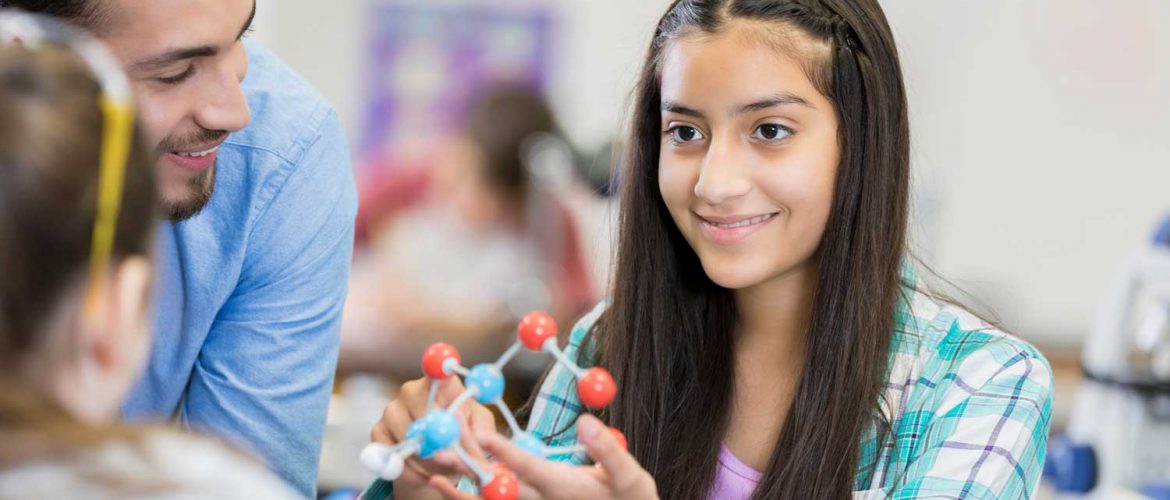What do the students of today need to learn in order to succeed, not only in the classroom but also in their future career? The education policy in many developed countries is being focused now, on the need for students to develop deeper content knowledge and the ability to apply their knowledge and skills to tasks and situations in the real world, meeting the requirements of the day. The combination of these new standards is called ‘deeper learning.’
A lot of studies are being done on this and some of them define deeper learning as “the process through which an individual becomes capable of taking what was learned in one situation and applying it to new situations.” Deeper learning focuses on the concept of transferring information and skills earned in one setting to another one.
Educators today believe that academic knowledge and skills alone will not enable students to successfully survive in a rapidly changing world, participate in a complex and increasingly diverse democracy, or engage fully in the ever-evolving 21st Century workplace. They must be able to communicate their ideas effectively, think creatively, work collaboratively, and manage their own learning. They need to develop mindsets that empower them to confront new challenges, take initiative, and progress through difficulties and setbacks.
In addition to building basic academic skills in reading, math, science, and social studies, we need to support our students in taking their learning and exploration to the next level. These approaches enable them to connect ideas and apply knowledge beyond content areas. While tackling problems, they must be able to analyze, develop solutions, and carry out plans to address them. We have to integrate these skills into instruction through engaging activities such as researching, brainstorming, and design thinking.
Throughout the learning experience, there should be regular feedback to give students guidance on their progress toward the learning goals. This feedback can be teacher-to-student, student-to-student, or self-assessment. This can be formative and provides students with the safety of knowing they can take risks and try new things without fear of failure.
In addition to guiding students through instruction, teachers help them to become self-directed learners who drive their own exploration. With support from their teachers, students set goals, track their progress, reflect on their strengths and areas for improvement, and can turn setbacks into opportunities for growth.
Deep learning and teaching approaches can be implemented at all levels of learning, in all subjects, with all students, and in all types of school programs. It has the ability to redefine what teaching and learning look like in the 21st Century. This is the time for us to invest in Deeper Learning and adopt it as the new way of teaching.
Leave a Reply Cancel reply
WhatsApp us

